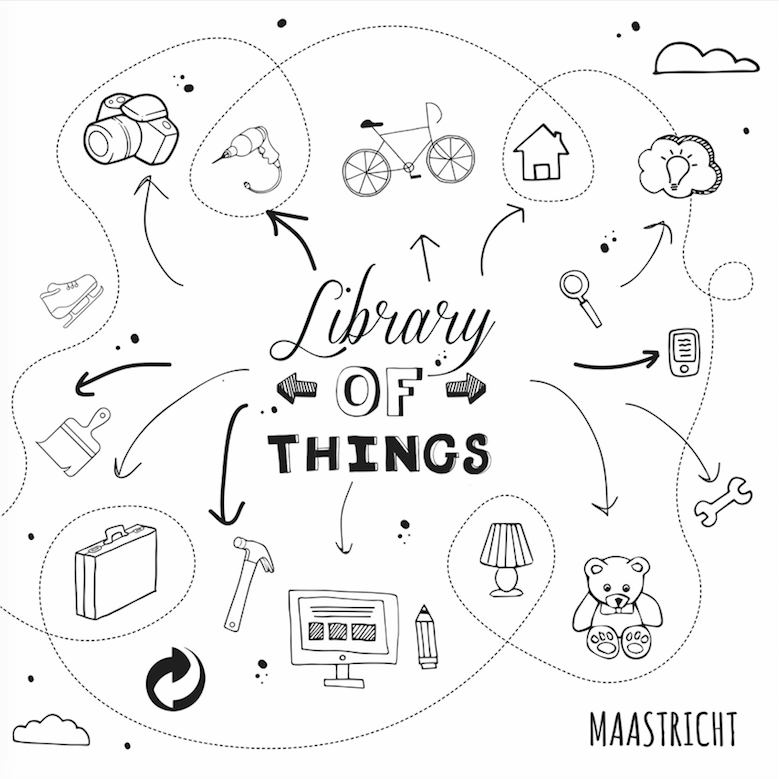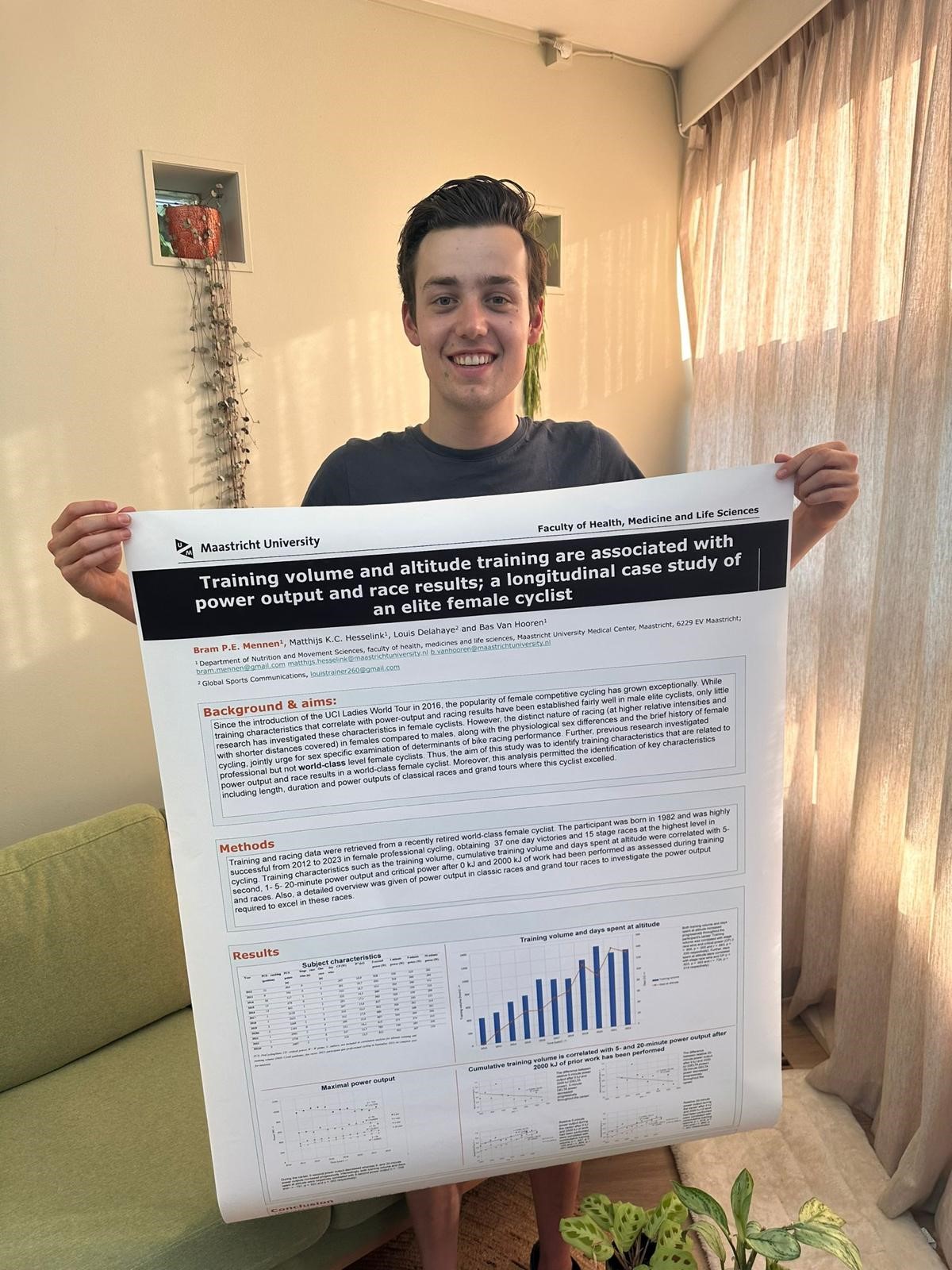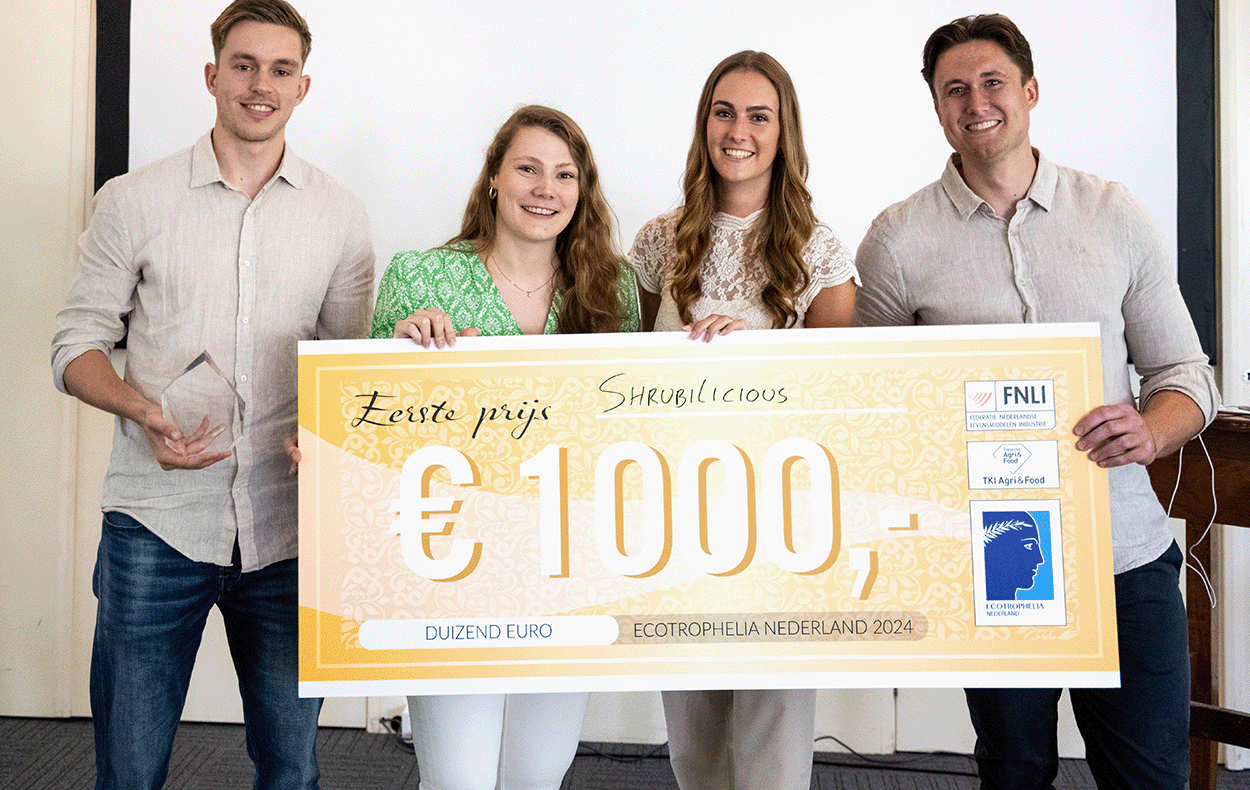Library of Things: Out of the attic, into the commonweal
The chocolate fountain you thought would buy you social status among your peers, your pizza-scissors, the set of 20 screwdrivers you bought to assemble one book case (which, it turned out, required only the Allen key included in the flat pack) – they’re by no means useless; just less essential than you had assumed… Why not donate them and borrow them back the next time you’re having a chocolate fondue?
UM students Elisa Etrari, Anna Reyneri and Becca Bowers are running Library of Things. It’s exactly what you think it is: you sign up, choose something from their online catalogue or just browse – then you borrow whatever you need and bring it back once you are done using it.
“It’s a great example of the circular economy in action; that is to say we want to try and keep resources in use for as long as possible and extracting maximum value by using much more often than you would expect; for example items you need for sewing, gardening, DIY, camping, …”
It’s basically an alternative to buying things you only use every once in a while: “we always use the example of a drill: over a lifetime, you use it for only 12 minutes, but of course if you want a hole in your wall, it’s indispensable,” explains Elisa.

Library of Things
(ground floor)Free? Free!
“In the beginning people were suspicious: they were so surprised it’s free,” Elisa remembers. “It was really difficult to make people understand that we didn’t want to sell them anything.” They plan to apply for funds in order to further expand their catalogue of things.
“Last week we bought a sleeping back, a tent and a little stove – again, you need those things when you go camping but if you only go once a year, it would be a terrible waste to buy them.” They also want to get a blender and some more tools. “We have a wish list that is based on what people are regularly asking for.”
While funds are indispensable, they want to keep the initiative based on people donating things rather than money. If they have to raise money, they combine it with raising awareness (and having a good time): “we organised bar-nights to pay for the drill – it was a lot of fun and we reached quite a few people who had never heard of us before.”
From the squat to the workhouse
Anna and Elisa, who got to know each other in the European Studies Bachelor programme, were both late to the party: the Library of Things had been founded the year before by three other students, who were based in a squat and built their catalogue and community by going door-to-door in the neighbourhood.
The location might have constituted a deterrent and membership initially stayed low. “At the beginning of the year, no one was using it,” Anna laughs. “The few people coming in were our friends borrowing tools.” They decided to invest a lot of time into generating momentum by promoting the initiative.

Elisa proudly posing beneath DIY-ed corprate identity
They managed to get a rent-free room from the municipality in the werkhuis. This foundation is located in a former primary school and offers workshops on e.g. repairing or maintaining things; they also provide workspaces and ateliers for painters, artists and artisans working with wood, ceramics, or textiles.
A community built around shared values and waffles
With the location came the community: “First it was other people from the werkhuis looking around to borrow some tools – but also donating things. They leave stuff outside the door so when we open on Saturdays, it always feels a bit like Christmas.”
“The people in Maastricht are amazing – they are very welcoming and support us through donations when clearing out their basements or attics,” says Elisa and adds: “it’s also for locals, whether struggling to make ends meet or idealistic enough to try and avoid the waste of resources involved in producing items they would use only very rarely.”
And so they are trying to create a sense of community that includes locals, whether asking them for donations, raising awareness, or by wooing them with waffles during the repair café or other workshops organised by the werkhuis. “The waffle-maker is the most popular item in the library,” laughs Anna. That is also how Becca ended up joining the team: “I would borrow the waffle-maker a lot, so Anna and Elisa asked me to help them out. I love the concept, so now I am at the library every weekend.”

Anna (in the sustainable shirt) and Becca
A milestone and some way to go still
They also increased their student following. Elisa had learnt about the Student Idea Competition from the previous winners Foodsharing Maastricht, another student initiative in which she is active. “They suggested it on deadline day, so we frantically put together a proposal.”
The effort was well worth it as they went on to win the competition worth €400. They used the prize money to print flyers and to buy some of the most requested items. It has given them some momentum but they need to become more established still: “you might only need us once every couple of years, so you need to know about us when that moment comes.”
While they have now assembled most of the basic items for the library, they are still busy expanding their catalogue. In order to improve their involvement with the locals, they could also use a Dutch speaker in the team (dus, zou je dit lezen en je aangesproken voelen, neem dan contact op – ze hebben een wafelijzer!)
If you’re curious about the initiative, if you need a drill, or if you want to donate the guitar-tuner you haven’t used since you sold your guitar two years ago, you can visit their facebook page or their headquarters in President Rooseveltlaan 213 (ground floor) on Saturdays from 15 – 18.

Reusing the outsized cheque from UM's Student Ideas Competition as a decorative conversation piece
Also read
-
Imagine this: as a newly graduated master's student, you get to share the insights you gained during your research at an international conference. This happened to Bram Mennen. At the end of June 2024, he presented the results of his thesis on the training data of top cyclist Annemiek van Vleuten at...
-
Moving on your own to a new country with a different culture and language and without a support network can be challenging. Master's student Beverlianne Green therefore quickly realised she wanted to get involved with the local community. Through the Personal & Professional Development Portal of...
-
Maastricht University students have won the Dutch final of the student competition Ecotrophelia, a drinking vinegar based on apple cider vinegar, fruit and herbs.

